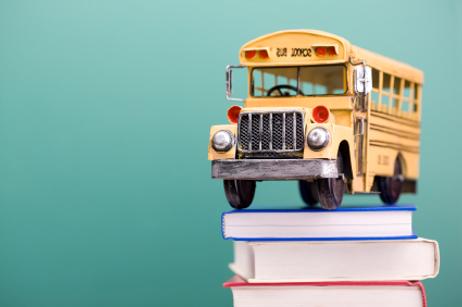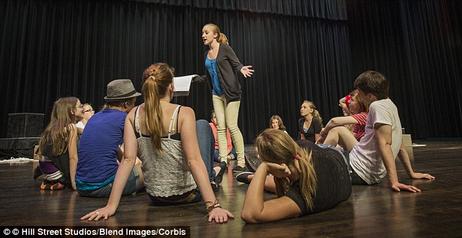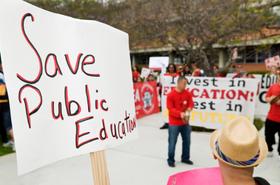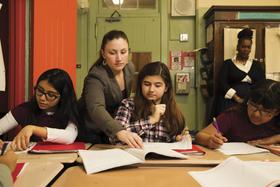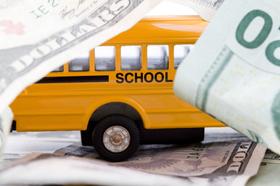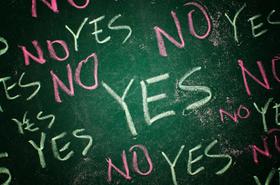Although the civil rights movement played a pivotal role in this nation's history, the subject is often merely skimmed over in primary and secondary schools today. However, Mississippi hopes to change that trend by requiring civil rights lessons for all public schools, grades K-12. The lessons were signed into law five years ago by Mississippi Governor Haley Barbour, but implementation will go into effect for the 2011-2012 academic year. The curriculum was delayed so that it could be fit into a full revision of the state's social studies framework that goes into effect this year.
The First to Require Civil Rights Curriculum
Mississippi officials believe they may be the first state to implement such a requirement, according to a report in the Atlanta Post. Students will answer civil rights questions on state assessment exams necessary for graduation from high school. While this addition will ensure civil rights are taught in schools, how the lessons are taught will in large part be up to individual teachers.
Chauncey Spears, who works in the Mississippi Department of Education's curriculum and instruction office, said school districts can tailor textbooks and other course materials to match what will be taught. Spears added that some resources for the curriculum might be donated from a variety of sources. Teachers could also opt for class trips to historic sites or bringing former activists from the movement in to talk to students.
Jennifer Weeks, DeSoto County's associate superintendent of


